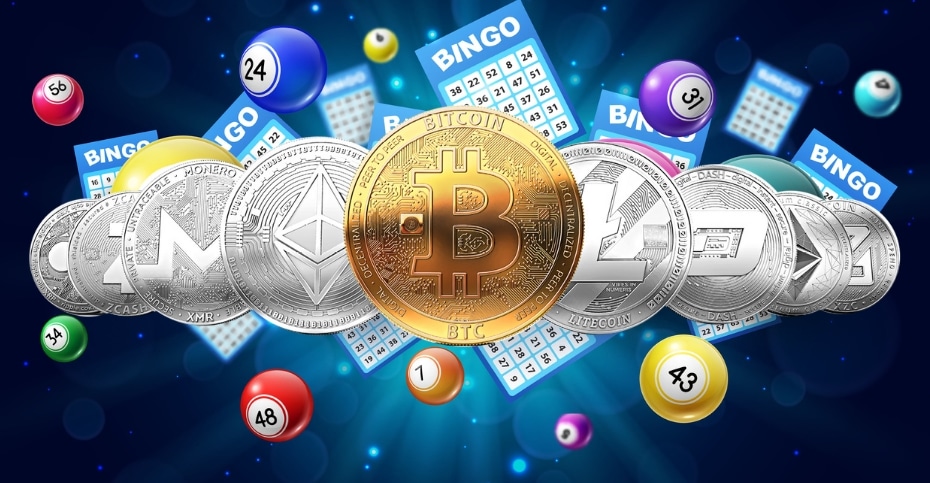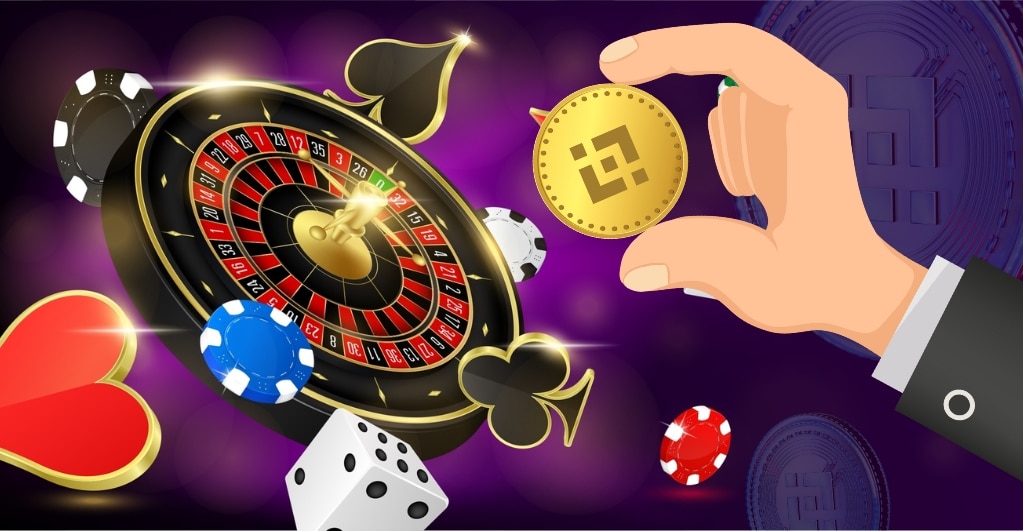
The popularity of blockchain-enabled games heralds a shift in perspective on gaming and provides players with full asset custody and greatly enhanced security as well as the play-to-earn opportunity. Built on decentralized networks, these games implement tokenization, making digital assets user-controlled, making assets rare, and reducing the cost of trading on non-fungible tokens.
Decentralized economies in virtual worlds enable dynamic relations among participants to participate in trade, receive awards, and generate incomes. While the forthcoming technology has more power with ownership, security, and economic potential, blockchain-based games are remodeling gaming experiences, and a rapidly increasing community attracts gamers and developers.
Ownership in Blockchain Games
In blockchain games, ownership often undergoes a revolutionary shift, whereby players control in-game assets through digital tokens or Non-Fungible Tokens (NFTs) housed in a blockchain network. Contrary to traditional games, where assets are managed by developers only, blockchain allows players to exchange, buy, and sell their items freely across game environments and creates real asset ownership, autonomy, and opportunity for proper asset monetization.
NFTs provide unique benefits such as provable rarity and cannot be altered or deleted once entered on the blockchain. Furthermore, they can be used across multiple platforms and games. This distinguishing crypto-asset presentation ensures that each item possesses a unique intrinsic value that will attract collectors and players, in addition to offering an immutable and proven record of ownership. The concept of real possession changes the players’ behavior and the virtual economy in such a way that it evokes asset investment, player growth, and development of the internal market and supports self-organizing communities.
Security in Blockchain Gaming
Assets in traditional in-game systems have a lot of vulnerabilities due to various security concerns such as hacking, fraud, and centralized control. Players frequently do not have real ownership rights to their assets as they are on centralized servers controlled by game companies. This rigid top-down structure is a single point of failure and is exposed to unauthorized access and breaches of assets. Additionally, traditional fraud, such as account theft and duplication of items, breeds insecurity, making gamers doubt the security of in-game assets and disrupting the game.
The blockchain is a secure solution to in-game items and currencies by distributing asset ownership and transactions across multiple networks. Assets as tokens or NFTs on a blockchain are encrypted cryptographically, reducing the risk of hackers and unauthorized abuse. Furthermore, blockchain’s transparent and immutable ledger creates provable ownership records and, thus, improves asset security and trust between the players.
Smart contracts, as they ensure the security of transactions and implement the game rules, play a central role in the blockchain gaming environment. These computer programs can execute contracts without human intervention and enforce pre-defined conditions and protocols, thus securing transactions and preventing fraudulent activity. The smart contracts achieve the purpose by removing the middlemen, and the code takes the place of a trust enforcer, thus making the blockchain gaming environment safer, more transparent, and more efficient.
Play-to-Earn
The play-to-earn game develops new gaming by providing the players with earnings through gaming, governance participation, or asset trading. This idea, where someone controls financial outcomes and empowers the user, has been widely applied in the blockchain gaming world. Blockchain technology provides security and transparency for casino games and betting on Bitcoin sports betting sites using distributed ledger and cryptography technology. These functions will protect the money from unfair use and fraud while ensuring trust and fairness for the players.
Several play-to-earn models have emerged, including tokens earned through achievements or completion of tasks, tokens gained by voting, and breeding and trading assets represented by Non-Fungible Tokens (NFTs). These models offer player engagement, community participation, and even financial opportunities, making the ecosystem sustainable and a more appealing prospect.
Conclusion
In short, the emergence of blockchain-powered games represents a radical paradigm shift in the gaming industry that gives players ultimate power and privilege in terms of ownership, safety, and economic reward. Ownership remains a burning issue in blockchain gaming. However, NFT embeds true ownership, which is impossible without blockchain technology. Thus, security is much enhanced, and the player’s ability to earn is influenced, fostering players’ interaction with virtual worlds unlike before.
The challenges of these systems, asset inflation, and speculation, can’t be ignored and cannot outweigh the fact that the value creation, community building, and financial engagement possibilities present in these decentralized systems are there to stay. As the technology of blockchain gaming advances, it will have a tremendous impact on the gaming industry, decentralizing it and giving its power to players and developers while ushering in a new era of digital entertainment and innovations.


